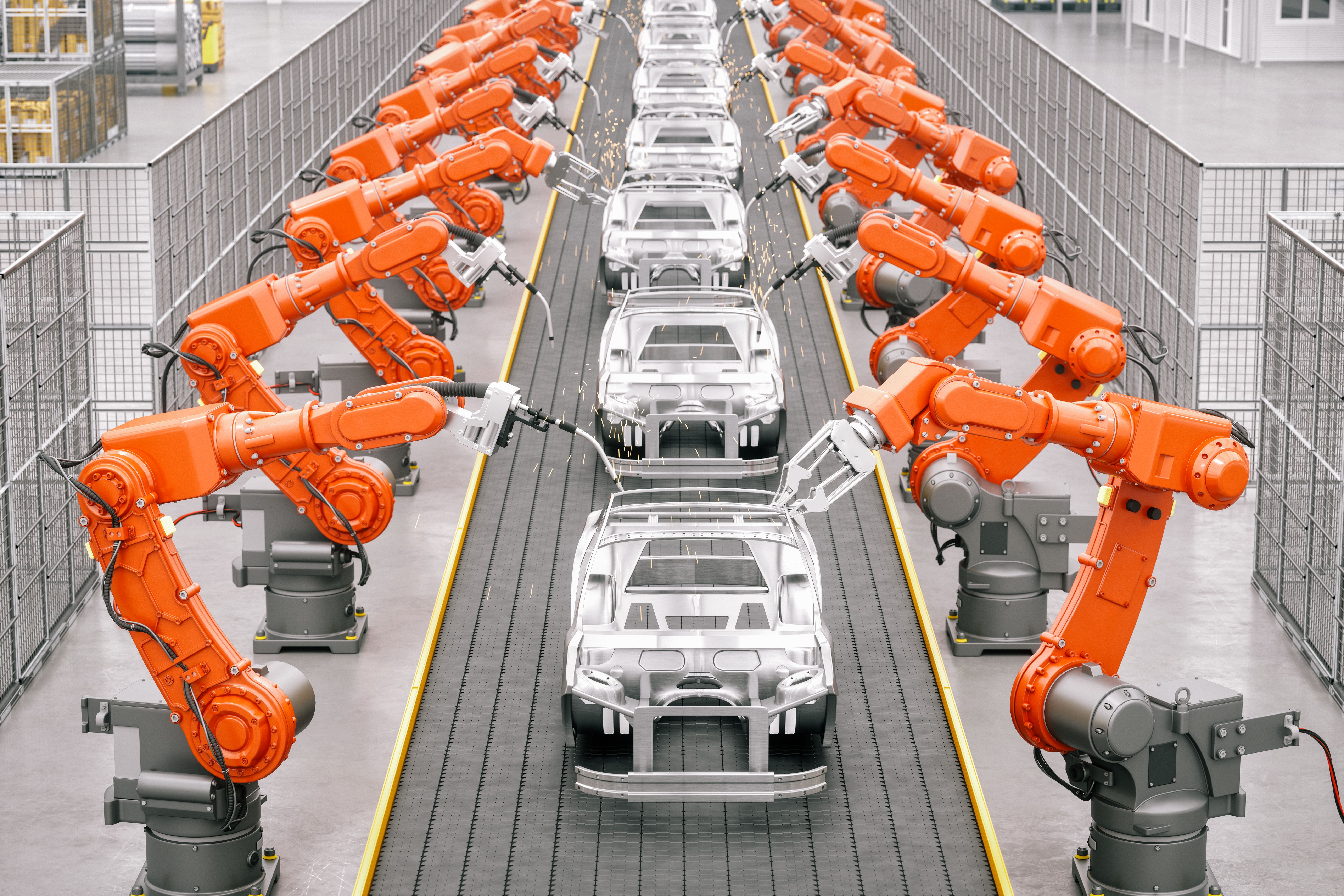Understanding Tariffs and Their Impact on the Auto Industry
EA
Introduction to Tariffs
Tariffs are taxes imposed by a government on imported goods, serving as a tool to regulate trade between countries. In the context of the auto industry, tariffs can significantly influence the cost of vehicles, parts, and overall business operations. They are often used to protect domestic car manufacturers from foreign competition by making imported vehicles more expensive.

Types of Tariffs in the Auto Industry
There are mainly two types of tariffs that impact the auto industry: specific tariffs and ad valorem tariffs. Specific tariffs are fixed fees based on the type or quantity of goods, while ad valorem tariffs are calculated as a percentage of the car's value. The choice between these affects how manufacturers price their products and manage their supply chains.
Specific Tariffs
Specific tariffs are straightforward, imposing a set fee per unit of import. For example, a $1,000 tariff on each imported vehicle directly raises the cost per car. This type of tariff is easy to administer but can disproportionately affect lower-priced vehicles.

Ad Valorem Tariffs
Ad valorem tariffs, on the other hand, scale with the value of the vehicle. A 10% tariff on a $20,000 car adds $2,000 to its price, impacting both luxury and budget models differently. These tariffs can create pricing challenges for manufacturers aiming to compete across different market segments.
Impact of Tariffs on Auto Manufacturers
The imposition of tariffs can have a ripple effect across the auto industry. For manufacturers, higher tariffs mean increased costs for imported parts and materials, which can lead to higher production costs. This often results in manufacturers passing these costs onto consumers through higher vehicle prices.

Supply Chain Adjustments
To mitigate tariff impacts, manufacturers might adjust their supply chains. This could involve sourcing parts from tariff-exempt countries or relocating production facilities closer to key markets. Such strategic shifts can help reduce costs but may require significant initial investments.
Consumer Impact
For consumers, tariffs typically translate into higher vehicle prices. This can affect purchasing decisions, potentially leading to a shift towards domestically produced cars or alternative transportation options. In some cases, it could also lead to decreased demand for new vehicles.
Long-term Effects on the Auto Industry
In the long run, tariffs can influence the global competitiveness of car manufacturers. Companies that can adapt quickly by optimizing their supply chains and production strategies may gain a competitive edge. However, prolonged tariff impositions can lead to trade tensions and affect international relations in the auto sector.
Understanding tariffs and their implications is crucial for stakeholders in the auto industry. From manufacturers to consumers, everyone feels the effects of these trade policies. Adapting to such changes requires strategic planning and an agile approach to international trade dynamics.
